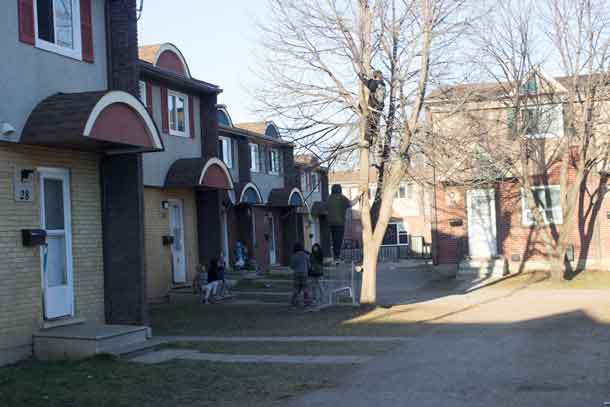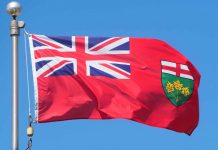MONTREAL – NEWS – A recent study by the Montreal Economic Institute (MEI) criticizes Montreal’s current strategy for addressing housing unaffordability. Despite the worsening state of the city’s social housing over the past five years, Mayor Valérie Plante continues to push for the construction of more units.
“Those who require housing assistance are being forced to live in deplorable conditions,” states Gabriel Giguère, senior public policy analyst at the MEI and author of the study. “Before purchasing and building more units, City Hall needs to address the fact that it has become Montreal’s largest slumlord.”
Neglected Social Housing
The state of social housing in Montreal is dire, with 79.2% of units managed by the Office municipal d’habitation de Montréal (OMHM) considered in poor or very poor condition as of April 2023. This is a significant increase from 47.6% in 2019. The percentage of housing in very poor condition has surged from 10.2% to 48.5% in the same period.
Mayor Plante recently stated in an interview with La Presse: “I wouldn’t say the model is broken, but I am convinced that we can no longer afford, as a large city, to rely on the market.”
Costly Initiatives
As part of its 2050 Land Use and Mobility Plan, the Plante administration aims to see 20% of Montreal’s projected housing stock removed from the market, requiring the building or purchasing of 161,000 units at taxpayer expense by 2050.
However, the MEI study argues that this plan would result in fewer units added to the city’s housing stock than if the current pace of development were maintained.
Market Interference
According to Giguère, the true solution to housing unaffordability lies in reducing City Hall’s interference in housing development. “It’s a bit rich for Mayor Plante to claim that the market has not worked, given the number of hurdles her administration has added to housing development,” says Giguère.
The MEI points to several obstacles imposed by the Plante administration, including taxes on new homes, longer permit delays, and outright obstruction of new housing projects. The 20-20-20 bylaw, for example, amounts to a tax of up to $10,500 per new housing unit built for projects of six units or more. Additionally, the average time to obtain a residential construction permit has increased from 204 days in 2019 to 326 days in 2023.
Since taking office, the Plante administration has obstructed the construction of projects totaling 23,760 units, according to a previous MEI study.
“Developers want to build in Montreal, but this administration does everything it can to stand in their way,” notes Giguère. “Instead of trying to build fewer homes with more taxpayer money, the City should stop preventing the market from filling the need for housing.”
The MEI study is available here: MEI Study PDF.
The MEI is an independent public policy think tank with offices in Montreal and Calgary. Through its publications, media appearances, and advisory services to policymakers, the MEI stimulates public policy debate and reforms based on sound economics and entrepreneurship.







